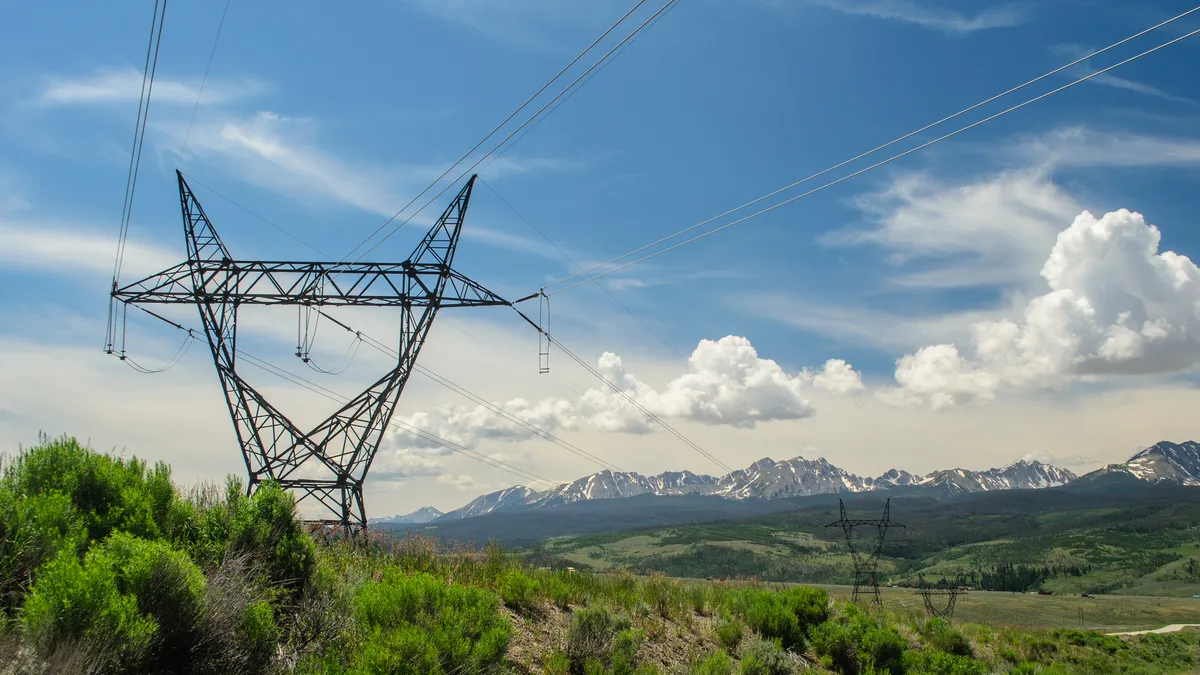David Churchwell is general manager at K.C. Electric Association.
It goes without saying that the utilities industry, as we once knew, is changing. And I am proud to say K.C. Electric Association, located in the eastern plains of Colorado, is part of the energy transition. As a member of power supply cooperative Tri-State Generation and Transmission Association, we’re working together with dozens of fellow distribution cooperative members to keep the lights on at a cost people can afford, even as we’re transforming the way we do it.
In 2019, Tri-State laid the groundwork for its transition to cleaner energy and greater member flexibility. Through our cooperative model, members worked with Tri-State to put together a plan to expand renewable generation and reduce greenhouse gas emissions, support member self-generation, and help ensure reliable and affordable electricity for the rural communities that co-ops like K.C. Electric serve.
I cannot understate our attention to reliability for the homes, farms, ranches and businesses served by electric co-ops. Through its planning, Tri-State is demonstrating it has the resources to deliver us power when we need it, no matter what the weather is doing. A recent report from the Colorado Energy Office shows Tri-State, unlike some other power suppliers in our region, has ample resources in the years ahead.
We’ll maintain reliable power even as electricity becomes cleaner. In late 2025, 50% of the energy we and other Tri-State members will use will come from renewable resources, rising to 70% in 2030. This transition would not be possible without the buy-in from the members.
In Colorado, we see firsthand that Tri-State is meeting its obligation to reduce greenhouse gas emissions. Tri-State filed an Electric Resource Plan in 2023 that leverages potential federal funding to invest in additional renewables and energy storage to reduce emissions associated with Colorado wholesale electricity sales by 89% in 2030. The plan is backed by a diverse group of Tri-State members and stakeholders.
Member flexibility with Tri-State includes the option for a member to terminate its wholesale power contract with Tri-State years early, and those that may choose to leave will not share in the benefits of working with their fellow co-ops and public power districts as Tri-State continues its transition. Despite what some may incorrectly say, the outcome of our work together has not been rigid or inflexible for members or created an uncertain future for Tri-State — quite the opposite.
In fact, in August, Tri-State’s outlook with S&P Global was raised to stable, reflecting greater certainty for members, and Tri-State last month announced a new bring your own resource program that allows members to self-supply up to 40% of their own-sourced power. Members can own or contract for their own energy projects and Tri-State will solve a major hurdle by integrating them into the grid — it’s this sort of flexibility and the constant advancement of Tri-State’s energy transition commitment that keep us moving forward.
As the utilities industry continues to evolve and transition, we’re evolving with it, thanks to our cooperative business model and a shared vision for the future. Working alongside Tri-State and dozens of other members, we are powering communities across the rural West with cleaner energy in a reliable and affordable manner, and we are proud to be a part of this “next episode.”














